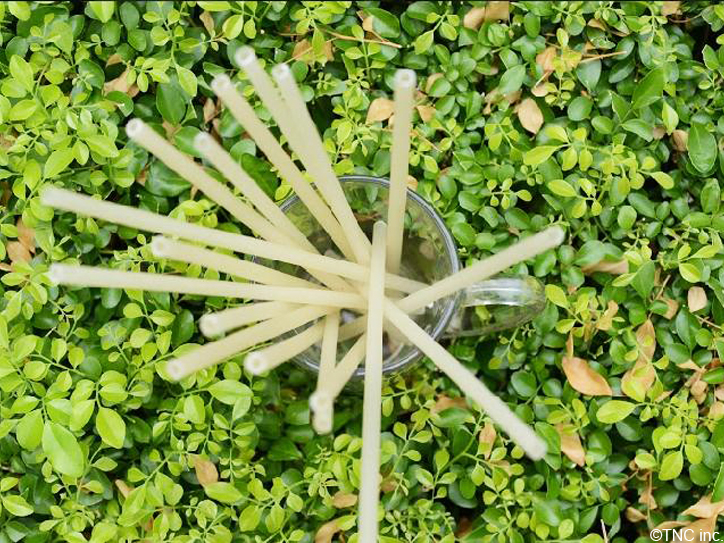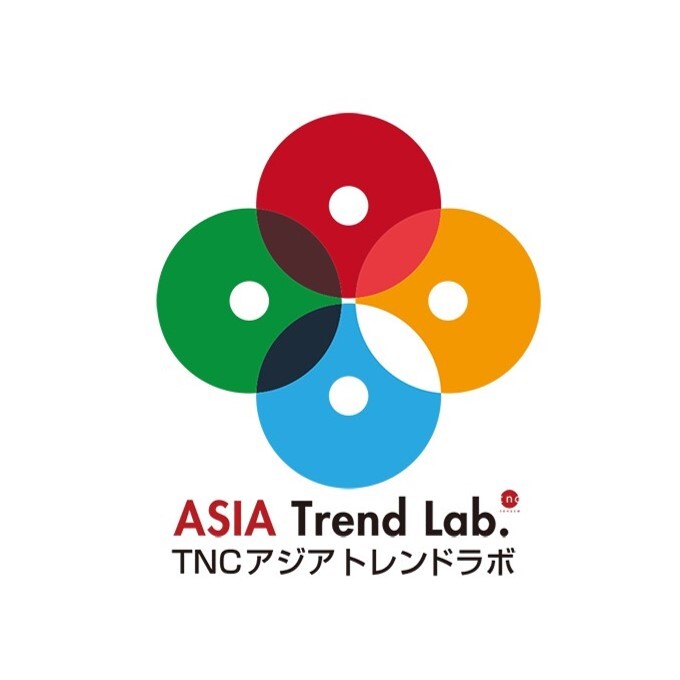[Singapore] Halal-certified "edible" rice straws are now available / Efforts to eliminate plastic straws are accelerating
- Release date: Nov 22, 2019
- 4183 Views

Attention is growing around rice straws made from rice and tapioca.
The use of straws made of paper, silicone, metal, bamboo and glass is rapidly expanding in Singapore's restaurants and luxury hotels, replacing plastic straws. Among them is an "edible" rice straw made from rice and tapioca, developed by NLYTECH Biotech Sdn Bhd, a company based in Penang Island, Malaysia, that is attracting attention. The straw itself has no taste to interfere with the taste of the drink and does not dissolve into the drink. In addition, the straws are Halal certified, which is unusual for straws, so demand is expected to grow in Southeast Asia, where there is a large Muslim population. We have exhibited rice straws at food-related exhibitions held in Singapore and other Asian countries, where they have received high praise.The number of people who bring their own straws is also increasing. Zespri, a New Zealand-based company that produces and sells kiwifruit, sold a six-pack of kiwis with a metal straw set (two straws, a cleaning brush, accessories, and a drawstring bag) at a discounted price, which sold out.
Plastic straws are being phased out at luxury hotels and restaurants in tourist spots
As part of WWF’s efforts to address plastic pollution, 270 food and beverage outlets operated by 31 companies across Singapore abolished the use of plastic straws starting on July 1.
These include 53 restaurants and bars located in hotels under Europe’s largest hotel chain, the Accor Group—such as Raffles, Fairmont, and Swissôtel The Stamford—as well as 24 dining outlets within major tourist attractions including the Singapore Zoo, Night Safari, River Safari, and Jurong Bird Park.
Located near the equator and characterized by a year-round tropical climate, Singapore has a strong preference for cold beverages. In 2018 alone, an estimated 2.2 million plastic straws were used, turning the issue into a social concern. The move by luxury hotels and popular tourist destinations to eliminate plastic straws is expected to have a significant influence on other food and beverage businesses, while also sending a strong message to consumers. The shift away from plastic straws is therefore expected to accelerate going forward.

This article is co-authored by TNC Lifestyle Researcher (http://lifestyle.tenace.co.jp/) and Intage's Global Researcher.
Translated with AI Translator-

Author profile
TNC ASIA Trend Lab
TNC ASIA Trend Lab is an information organization run by TNC Inc. that researches and shares trends in Asia. It supports corporate marketing activities by finding insights from trends rooted in the lifestyles and habits of local consumers. http://tnc-trend.jp/
-

Editor profile
Intage Inc.
***
 Global Market Surfer
Global Market Surfer CLP
CLP